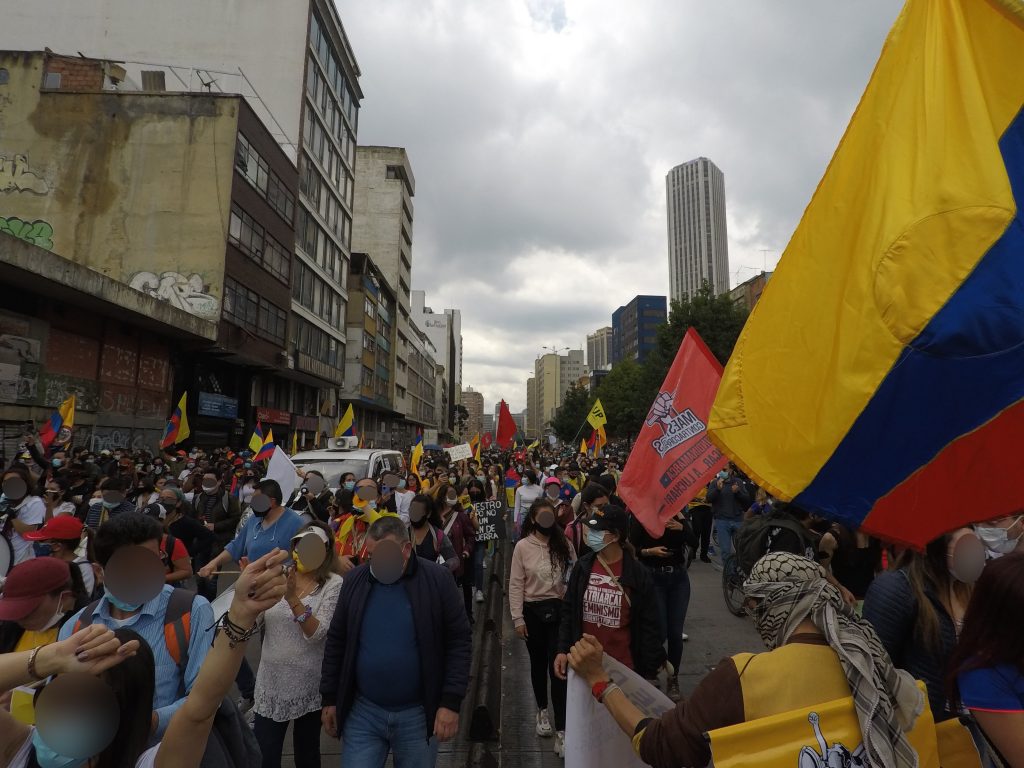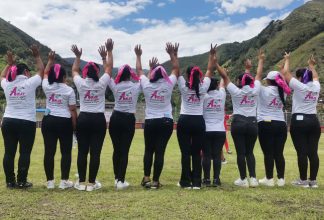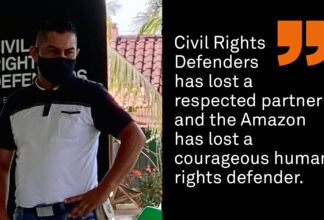Colombia: 14 Days of Nationwide Protests and Excessive Use of Violence

Every day for two weeks, thousands of people have protested against Colombian president Iván Duque’s policies. On 8 May, two prominent Colombian organisations published a report with the names of 47 people that have been killed since the demonstrations began on 28 April 2021, 39 allegedly at the hands of police officers. The Colombian Ombudsman, in charge of overseeing the protection of civil and human rights, recently declared that 548 protesters were still missing due to arbitrary detentions by Colombian security forces. The numbers, however, are not reliable for more than a couple of hours as the crisis is still unfolding.
Security forces have used live ammunition, torture, and sexual violence against protesters. In parts of the country, the internet has been temporarilyshut down to prevent the mobilisation of demonstrations and the reporting of human rights violations. Isolated acts of violence have also occurred within the framework of the protests, injuring police officials, damaging public and private goods and even ambulances. Human rights organisations around the world, including Civil Rights Defenders, condemn this violence.
What began as demonstrations against a proposed tax reform has escalated into large nationwide protests, uniting demands that civil society has been proclaiming for year, two of the most important being the lack of measures to implement the peace agreement signed with the Farc-guerilla in 2016, and to reduce the violence against human rights defenders. The Colombian ombudsman reported 753 killed human rights defenders 2016 through 2020. 182 of them only last year.
“The violence against the protests has been excessive and is completely unacceptable. The Colombian authorities need to fulfil their duty to respect, protect and guarantee the rights of all Colombians to freedom of expression and to the right of peaceful assembly. They also need to guarantee the safe return of the missing protesters, investigate the responsibility for the excessive violence and listen to the demands of Civil Society when it comes to the peace agreement and the violence against human rights defenders,” says Erik Jennische, Latin America Director at Civil Rights Defenders.


